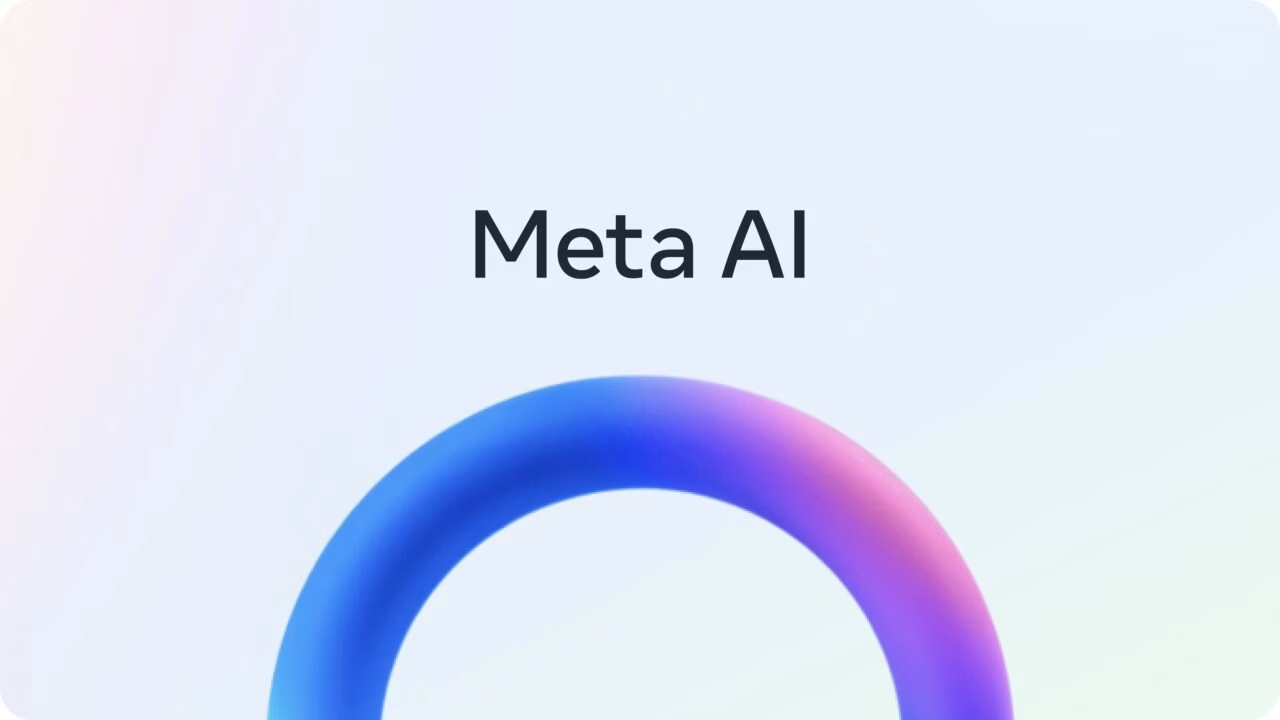Another AI Brain Drain for Apple? Bowen Zhang Joins Meta's Superintelligence Team
In what's becoming an alarmingly frequent headline for Cupertino, Apple Inc. has just lost another key artificial intelligence researcher, Bowen Zhang, to Meta Platforms Inc. This isn't just any departure; Zhang, a significant figure in multimodal AI at Apple, is now set to join Meta's newly formed superintelligence team. What's more, this marks the fourth such high-profile AI talent defection from Apple to Meta in just the past month. It's a trend that's certainly raising eyebrows across Silicon Valley.
For those keeping score, Zhang's move is a big deal. He was a critical part of Apple's foundation models team, working on the kind of cutting-edge AI that underpins future intelligent systems. His expertise in multimodal AI, which essentially allows AI to understand and process information from various sources like text, images, and audio simultaneously, is incredibly valuable. And now, that value is shifting directly to Meta.
The Talent Exodus: A Growing Concern for Apple
Let's be blunt: four top AI researchers leaving in a single month is not a good look for Apple. It points to a deeper issue, a potential struggle to retain the brightest minds in one of the most competitive and rapidly evolving fields in technology. While companies often see talent ebb and flow, this particular stream seems to be flowing in one direction, directly into Meta's eager arms.
Earlier this year, we saw other notable departures from Apple's AI ranks to Meta, including Ruoming Pang, Tom Gunter, and Mark Lee. These weren't junior engineers; these were experienced, influential researchers. When you combine those earlier moves with the recent quartet, it paints a picture of a consistent, perhaps even accelerating, talent drain. What gives? Is Apple's famously secretive culture, or maybe its more cautious approach to AI deployment, proving less appealing than the ambitious, fast-paced environments at rivals like Meta? It's a question many are asking. This kind of brain drain could genuinely delay Apple's advancements in AI technologies, especially in areas where these researchers were deeply embedded.
Meta's Ambitious Play for Superintelligence
On the flip side, Meta is clearly on an aggressive hiring spree, particularly for its superintelligence team. This isn't just about competing; it's about leading. Mark Zuckerberg has been quite vocal about Meta's long-term vision for AI, including the pursuit of Artificial General Intelligence (AGI) and, eventually, superintelligence. To achieve such lofty goals, you need the best people in the world. And Meta seems to be getting them.
The establishment of a dedicated superintelligence team signals a serious commitment. It suggests Meta is willing to invest heavily, not just in terms of capital, but also in providing the kind of research environment that attracts top-tier talent. Think about it: the opportunity to work on truly foundational, potentially world-changing AI projects, possibly with fewer of the productization constraints that a company like Apple might impose. That's a powerful draw for researchers who are often driven by intellectual curiosity and the desire to push the boundaries of what's possible. It's a different kind of carrot, isn't it?
The Broader AI Talent War and Silicon Valley Dynamics
The movement of AI talent between these tech giants isn't happening in a vacuum. The entire tech industry is locked in an intense, high-stakes battle for AI expertise. Companies like Google, Microsoft, Amazon, and a slew of well-funded startups are all vying for the same limited pool of top researchers. Salaries are astronomical, perks are lavish, and the promise of working on groundbreaking projects is a major lure.
This competition has significant implications for the Silicon Valley ecosystem. It can shift the center of gravity for certain types of AI research, and it certainly influences how other tech companies approach their own AI strategies and talent retention efforts. Industry analysts, as reported by outlets like WebProNews, have suggested that Apple's internal culture – its secrecy, its sometimes bureaucratic processes – might be contributing to this talent outflow. There's a growing sentiment that Apple might need to reassess its approach to AI development and, crucially, how it keeps its top people happy and engaged. It's a tough spot to be in when you're trying to innovate at the speed of light.
Looking Ahead: What's Next for Apple and Meta?
So, what does this all mean for the future? For Apple, the challenge is clear: how do they stem this tide? How do they ensure their AI ambitions aren't hampered by a lack of critical expertise? We're all waiting to see Apple's next big AI move, especially with rumors of on-device AI capabilities and more integrated intelligent features. Losing key architects of that future, well, it just makes the road a little bumpier.
Meanwhile, Meta is clearly building a formidable AI powerhouse. By attracting talent like Bowen Zhang, they're not just filling roles; they're consolidating some of the best minds in the field under one roof, all focused on incredibly ambitious long-term goals. This could position Meta to make significant breakthroughs in areas like superintelligence, which has implications far beyond social media. The race for AI dominance is far from over, but these recent developments certainly give Meta a notable lead in the talent department. It's going to be fascinating to watch how this plays out in the coming months and years.
